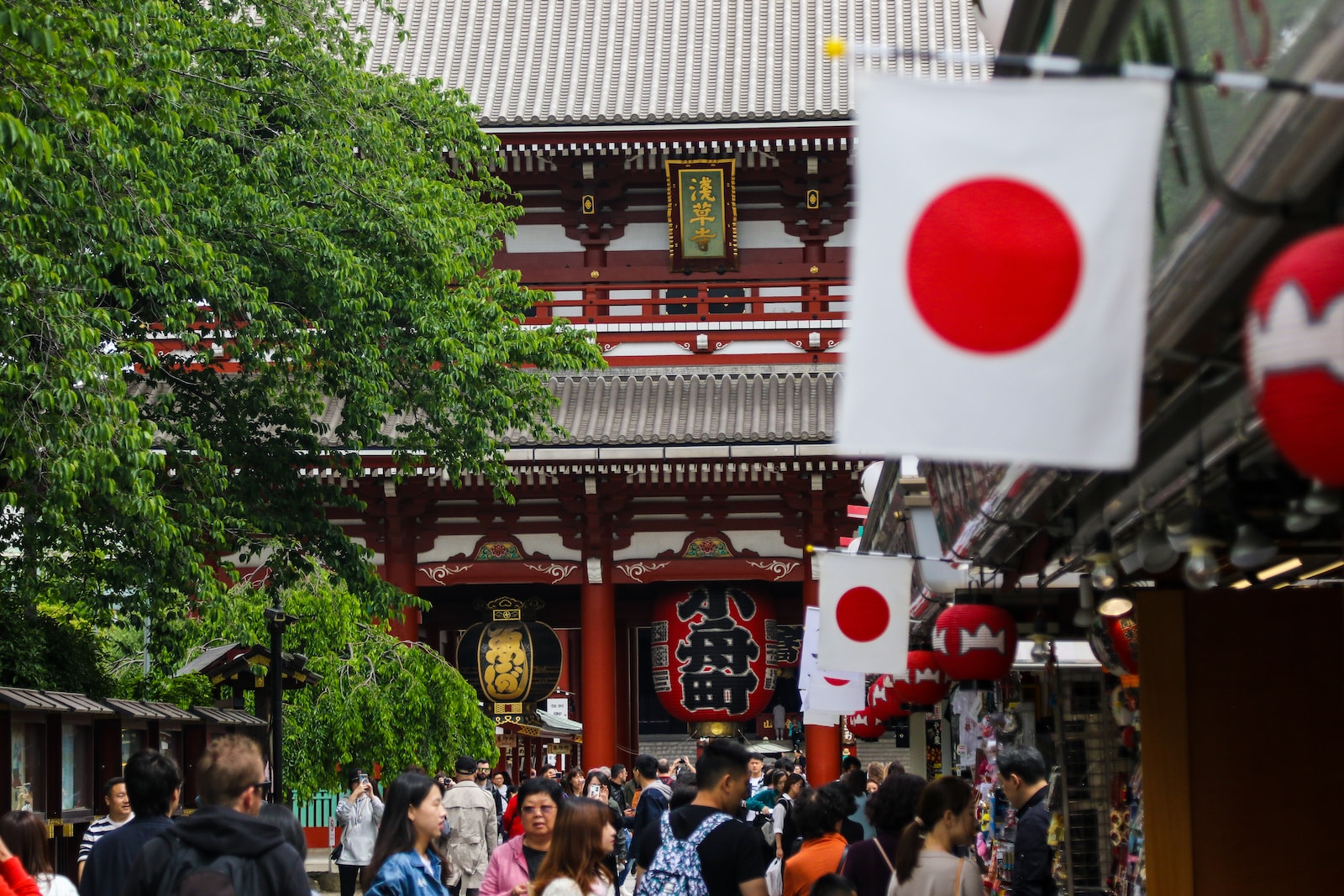
Growing demand for teleworker accommodation prompts Japanese real estate giant Mitsubishi Estate to work with Blueground Holdingsan American company specializing in housing services. Together, they plan to manage 10,000 rental homes by 2030to meet the needs of remote workers.
Thanks to this license agreement, Mitsubishi Estate will use the American company's expertise and reservation system to simplify the online rental process, mainly in English.
Project start: housing development in Tokyo
Initially, the collaboration between Mitsubishi Estate and Blueground will focus on central Tokyo areas such as Shibuya and Shinjuku, offering monthly rents of between 300,000 and 500,000 yen. Eventually, the two companies aim to extend their offer to other areas of the country, reaching a total of 10,000 homes for teleworkers by 2030.
A growth market: the number of digital nomads is expected to reach one billion by 2035
Akina Shu, a fervent supporter of the digital nomad lifestyle who has visited almost 50 countries since 2020 as a speaker and ambassador, has personally witnessed the growing interest in this lifestyle in Japan. She underlines the rapid evolution of mentalities and the necessary adaptation of the real estate market to meet this new demand.
With around 35 million digital nomads in the world today, their numbers are expected to reach one billion by 2035. Faced with this growth, several companies are competing fiercely to attract these workers, particularly in the real estate sector.
In the end, the ambitious project to build 10,000 housing units by 2035 is testimony to Japan's determination to assert itself as a leading top destination for teleworkers. The collaboration between Mitsubishi Estate and Blueground Holdings could provide the ideal conditions for these nomads of the future.
It's also worth noting that while this program meets the needs of international workers, it could also have a positive impact on the Japanese real estate market and contribute to local economic development. By adapting to new global trends and anticipating the future needs of digital nomads, Japan is demonstrating its ability to innovate and evolve in the face of the challenges of the 21st century.